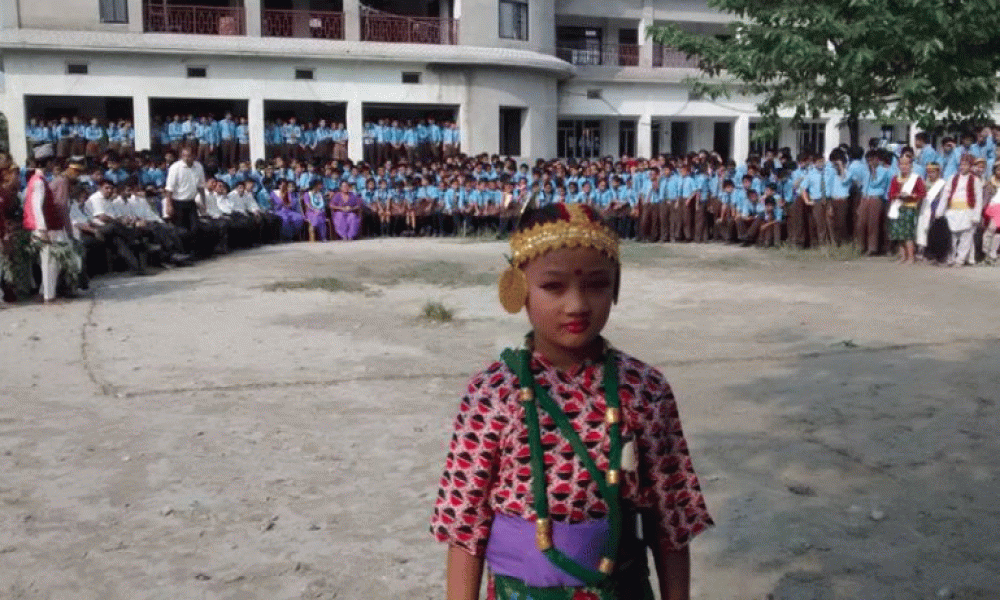Dr Bhakta Rai
Education is not only a prerequisite for success in life but also a light with which we can make sense of our being and the world. An educated person's perspective is certainly wider than that of an uneducated person. Education leads to awareness, invention, innovation and change. It was education that helped the mankind to navigate from the stone age to today's post-modern era.
In Nepal, indigenous people make up for 38 per cent of the total population. And Nepal cannot graduate from the rank of Least Developed Countries as long as such a huge percentage of the populace remains uneducated. Nepal's literacy rate is poorer than those of developed countries. And indigenous people fare even worse in the literacy rate.
This article is an attempt to outline some underlying causes of poor literacy rate among Nepal's indigenous people.
Government's policy
Nepal's indigenous peoples had their own states, languages, cultures and attires. After Prithvi Narayan Shah's military campaign during which states of indigenous people were annexed with Gorkha principality, Khas language and Hindu religion as well as practices were thrust upon them. Khas-Nepali language was promoted as an official language of Nepal. Not accustomed to Khas-Nepali language, indigenous people grew disenchanted with education system. It was a result of the state's policy that made only Khas-Nepali language as a means of learning.
Poverty
Indigenous peoples are scattered across the remote and rugged mountains and are dependent on subsistent farming. When people always have to about livelihood, they do not care about education. This is exactly what happens to indigenous people. Even those indigenous children who go to school drop out early due to abject poverty facing their families.
Geographical difficulty
As worshippers of nature, indigenous people live in a close proximity to jungles and rivers and away from schools. The government has failed to set up schools near settlements of indigenous people. This is another reason behind indigenous people's exclusion from the education system.
As worshippers of nature, indigenous people live in a close proximity to jungles and rivers and away from schools. The government has failed to set up schools near settlements of indigenous people. This is another reason behind indigenous people's exclusion from the education system.
Cultural reasons
Indigenous people tend to celebrate every bit of their life. They live in present. They drink, eat, sing, dance and celebrate every festival as if there will be no tomorrow. This is another reason why students belonging to indigenous community are poor in schools.
Political reasons
The ultimate goal of politics is gain power. After unification of Nepal, indigenous people never gained power. They were just voters. Without power, they could not formulate policies that could uplift their educational status.
Lack of mother tongue education
Had the state introduced policies to provide education to indigenous children in their own mother tongues, there would not have been disparity in literacy.
At last
There are two dimensions to educational backwardness of indigenous people. One is government police while another is indigenous people's own thoughts, cultures and lifestyles. Of late, there has been a surge in awareness among indigenous people that they must educate themselves, which is indeed a great paradigm shift.
(The author holds a Ph.D. in folk songs of indigenous Rai community)









